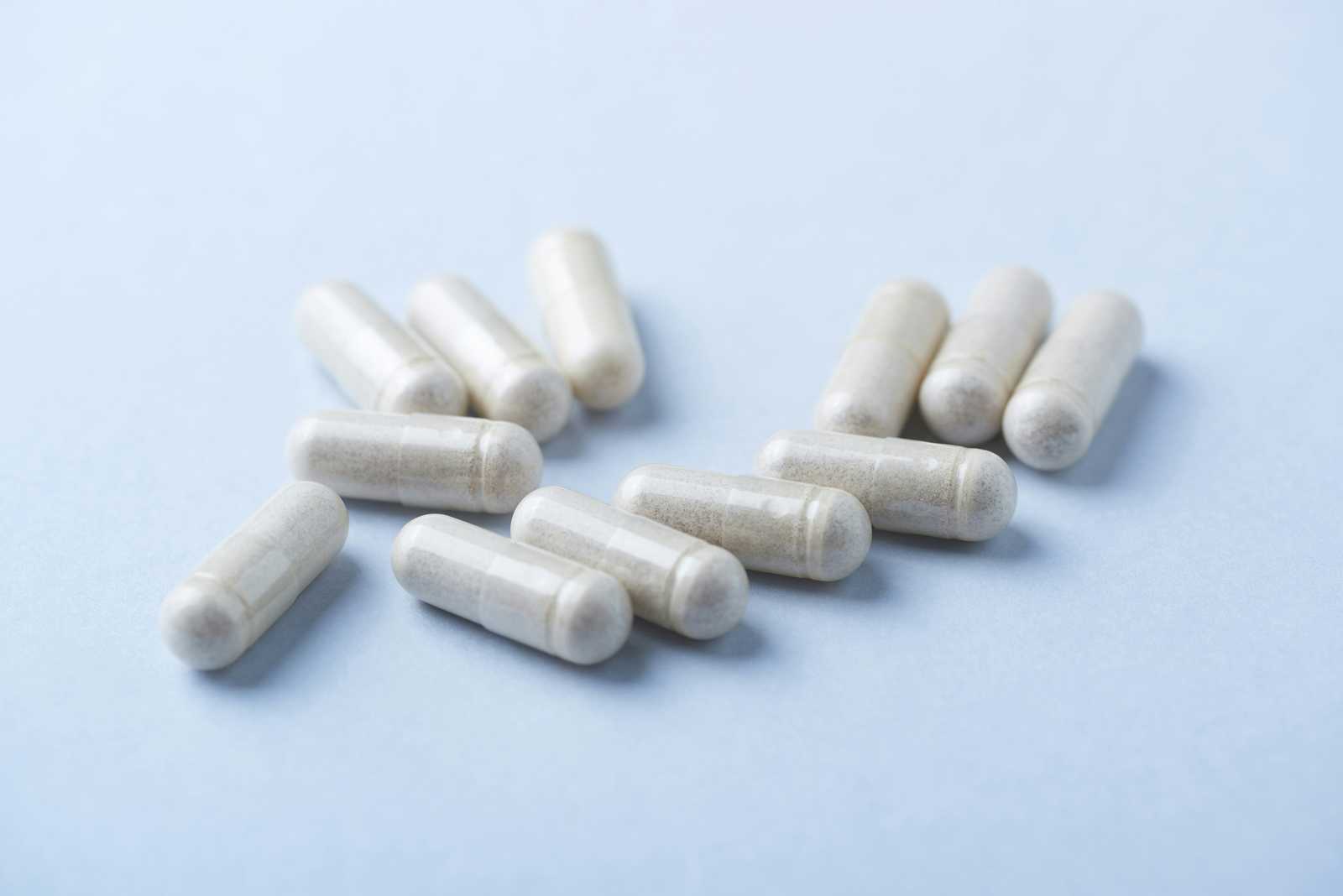
Ever since the mid-1990s, Americans have been exploring the potential benefits of herbal medicines. Many have been experimenting with ginseng, perhaps because it holds an important place in traditional Chinese medicine. In China, as well as elsewhere in east Asia, healers have employed ginseng to treat “collapse of qi,” with symptoms such as weak pulse, shortness of breath, sweating and fatigue (Frontiers of Nutrition, Jan. 17, 2019). Understandably, the idea of an herb that could boost energy is appealing. However, one reader wonders whether ginseng supplements are safe.
How Do Ginseng Supplements Affect Blood Pressure?
Q. I read once that long-term use of ginseng supplements might lead to high blood pressure. That might have happened to me.
I am now on a “mild” blood pressure medicine called valsartan. Hypertension was never a problem for me until after I started taking ginseng.
Ginseng and Blood Pressure Effects Are Complex:
A. The effect of ginseng on blood pressure is controversial. A systematic review analyzed data from nine randomized controlled trials. Some studies actually showed that Korean red ginseng supplements might lower blood pressure (Current Vascular Pharmacology, Issue 6, 2017). Other research did not support this effect, however. Some data even suggest that ginseng might contribute to hypertension (Acta Cardiologia, Jan. 1, 2018).
We would encourage caution. If you are under the care of a person who has studied traditional Chinese medicine or herbal medicine, use that person’s guidance to take ginseng supplements wisely. Such an individual will be able to warn you that these herbs may intensify the effects of the anticoagulant clopidogrel (Journal of Thrombosis and Thrombolysis, Oct. 2019). Otherwise, you will need to do some research on your own to determine the whether the potential good you can get will outweigh the possible harm.

